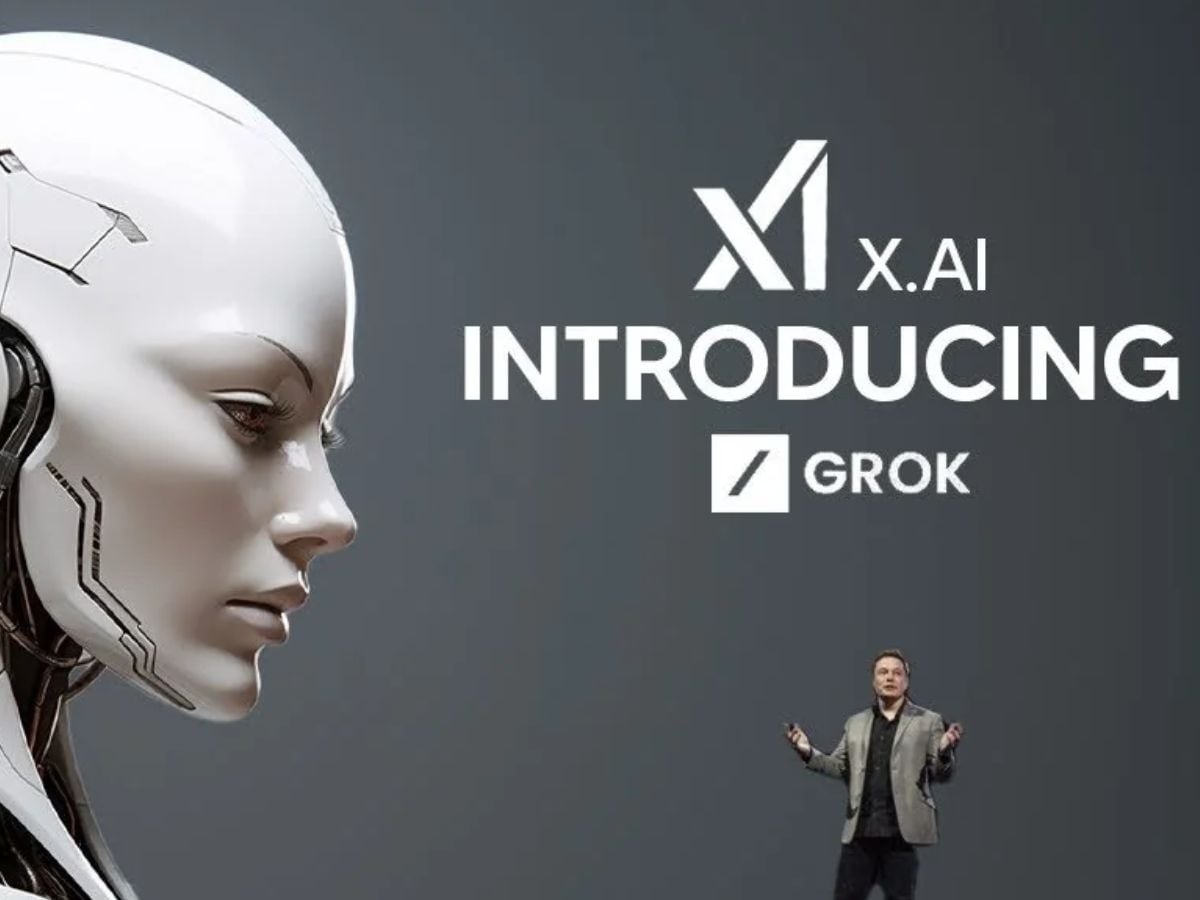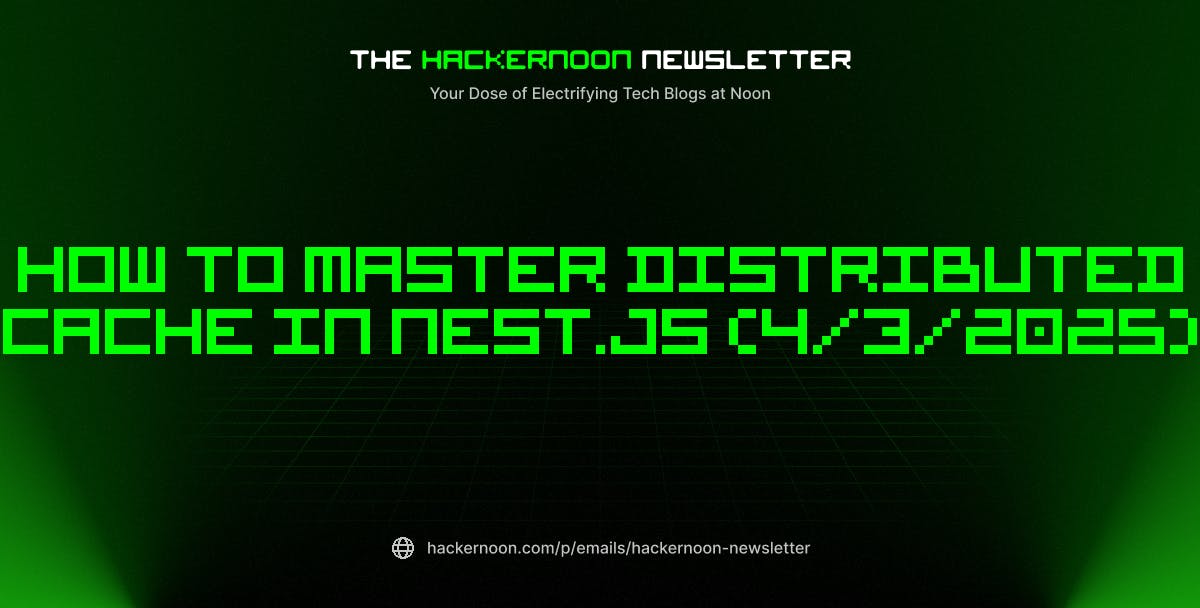Adrian Stelmach, founder and CEO of EXPLAIN.
Artificial intelligence (AI) is one of the fastest evolving fields at the intersection of science and technology. Its potential allows both the automation of specific processes and the solution of complex problems through data analysis. The growing impact of this technology on the labor market has led to a wide range of responses. Concerns center around possible mass layoffs due to automation or budget cuts, raising numerous questions about the future of employment.
I want to investigate whether AI really poses a threat to the labor market, or can serve as a catalyst for its complete transformation. I will analyze key aspects of how this technology is impacting employment and explore strategies for adaptation that can benefit both workers and organizations navigating these changes.
Understanding these dynamics in an era of ubiquitous artificial intelligence is crucial for effectively managing technology transformation.
From the industrial revolution to artificial intelligence: technological shifts in the labor market
If we look at history, the labor market has always been influenced by technological advancements. The first industrial revolution, marked by the invention of the steam engine, led to the creation of entirely new professions while at the same time reducing or eliminating some existing roles. Similar patterns have emerged in subsequent innovations, and today AI plays a similar role.
As we entered the Fourth Industrial Revolution, AI became a cornerstone of technological change. But as in the past, every breakthrough technology brings fear. People used to worry about the impact of inventions like motorcycles, radios and computers. They feared the loss of physical labor jobs, the erosion of creativity due to less manual writing, or even decline in health. Today, AI raises similar concerns, but its broader implications make these fears more pronounced than ever before.
The double impact of AI on the labor market
The impact of AI on employment is undeniable, just like any other revolutionary technology of the time. However, these changes do not necessarily indicate a permanent reduction in employment or only negative consequences. The fundamental question is: where will this technology have the greatest impact?
The effects of AI are most evident in roles with repetitive tasks that require minimal creativity or involvement. At the same time, there is a growing demand for specialists who can exploit and utilize the potential of AI. As some positions face downsizing, many new opportunities are opening up, creating a net employment gain. Furthermore, as knowledge about AI grows, it will enable better adaptation and reskilling of the workforce.
The implementation of AI often leads to shifts in the roles of employees within organizations. Providing support in the form of training and mentorship is essential. Companies that invest in employee development through upskilling significantly reduce the risk of technological exclusion, ensuring a smoother transition through digital transformation.
The primary goal of integrating AI into businesses is to automate and reduce repetitive, routine tasks. By increasing productivity and freeing up employees’ time, organizations can focus on more strategic and creative initiatives. This also improves day-to-day operations by minimizing errors and improving quality.
Seizing opportunities amid technological transformation
Despite the dual impact on employment, AI should be seen primarily as an opportunity. It has the potential to reshape economies by enabling the creation of added value at multiple levels. Embracing AI-driven change can drive innovation and efficiency in organizations, ultimately leading to greater productivity and competitiveness.
For example, using AI to generate higher profit margins can increase a company’s competitiveness while driving growth in global markets. This progress can also contribute to higher GDP and create opportunities to reinvest profits in further innovation.
The key to success lies in a balanced approach. The integration of AI must go hand in hand with investments in education and skills development, along with regulations that ensure ethical and equitable implementation.
Reduce the risk of technological exclusion
One challenge of AI is the potential for technological exclusion, especially among workers with low digital competencies or workers from older generations. This could increase inequality in the labor market by increasing demand for highly qualified workers and marginalizing others.
Several mechanisms can help limit these risks:
1. Effective communication
Transparent communication is essential for managing change. Employees need to understand that technological advances aim to streamline processes, improve productivity and improve the quality of work, rather than eliminating jobs. Organizations should address issues early by explaining the reasons and goals behind changes before they are implemented.
2. Long-term strategy
AI adoption should not be viewed as a one-time project. Companies should evaluate the key areas of their operations that could benefit from automation and create a multi-year strategy for implementation.
3. Adjustment of the workforce
Organizations should leverage employees’ existing skills and provide access to training programs, instruction and relevant courses. This allows employees to adapt to new technological environments while building confidence in their roles.
Moving forward with AI
The fear of mass layoffs due to AI and its impact on employment are among the most discussed topics in the context of technological progress. However, when AI is thoughtfully integrated, it can lead to greater efficiency and create added value. Beginning with an analysis of organizational needs and opportunities, coupled with investments in employee training, will be critical to shaping the future of work in the AI era.
Instead of seeing AI as a threat, it should be seen as an opportunity to foster innovation, increase efficiency and increase competitiveness in the digital age.
Forbes Technology Council is an invitation-only community for world-class CIOs, CTOs and technology executives. Am I eligible?










